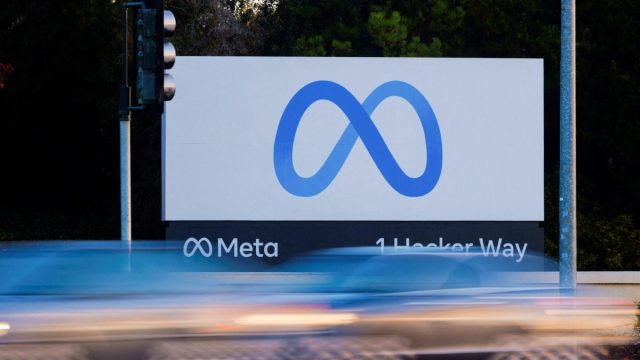Meta Platforms is working on a new artificial-intelligence system intended to be as powerful as the most advanced model offered by OpenAI, the Wall Street Journal reported on Sunday, citing people familiar with the matter.
The Facebook parent is aiming for its new AI model to be ready next year, the Journal said, adding it will be several times more powerful than its commercial version dubbed Llama 2.
Llama 2 is Meta’s open source AI language model launched in July, and distributed by Microsoft’s cloud Azure services to compete with OpenAI’s ChatGPT and Google’s Bard.
The planned system, details of which could still change, would help other companies build services that produce sophisticated text, analysis and other output, the newspaper reported.
Meta expects to start training the new AI system, known as a large language model, in early 2024, the report added.
Meta did not immediately respond to a Reuters request for comment.
Businesses and enterprises have flocked to the nascent generative AI market for newer capabilities and refining business processes since the launch of OpenAI’s ChatGPT late last year.
Bloomberg News reported in July that Apple is working on AI offerings similar to OpenAI’s ChatGPT and Google’s Bard, adding that it has built its own framework, known as ‘Ajax’, to create large language models and is also testing a chatbot that some engineers call ‘Apple GPT’.
In August, Meta released an AI model capable of translating and transcribing speech in dozens of languages, a potential building-block for tools enabling real-time communication across language divides.
The company said in a blog post that its SeamlessM4T model could support translations between text and speech in nearly 100 languages, as well as full speech-to-speech translation for 35 languages, combining technology that was previously available only in separate models.
© Thomson Reuters 2023









![“It’s hard to say goodbye” – Christian Atsu’s wife composes emotional tribute song for him [Video]](https://ghananewss.com/storage/2023/05/Christian-atsu-and-wife-100x75.jpeg)






